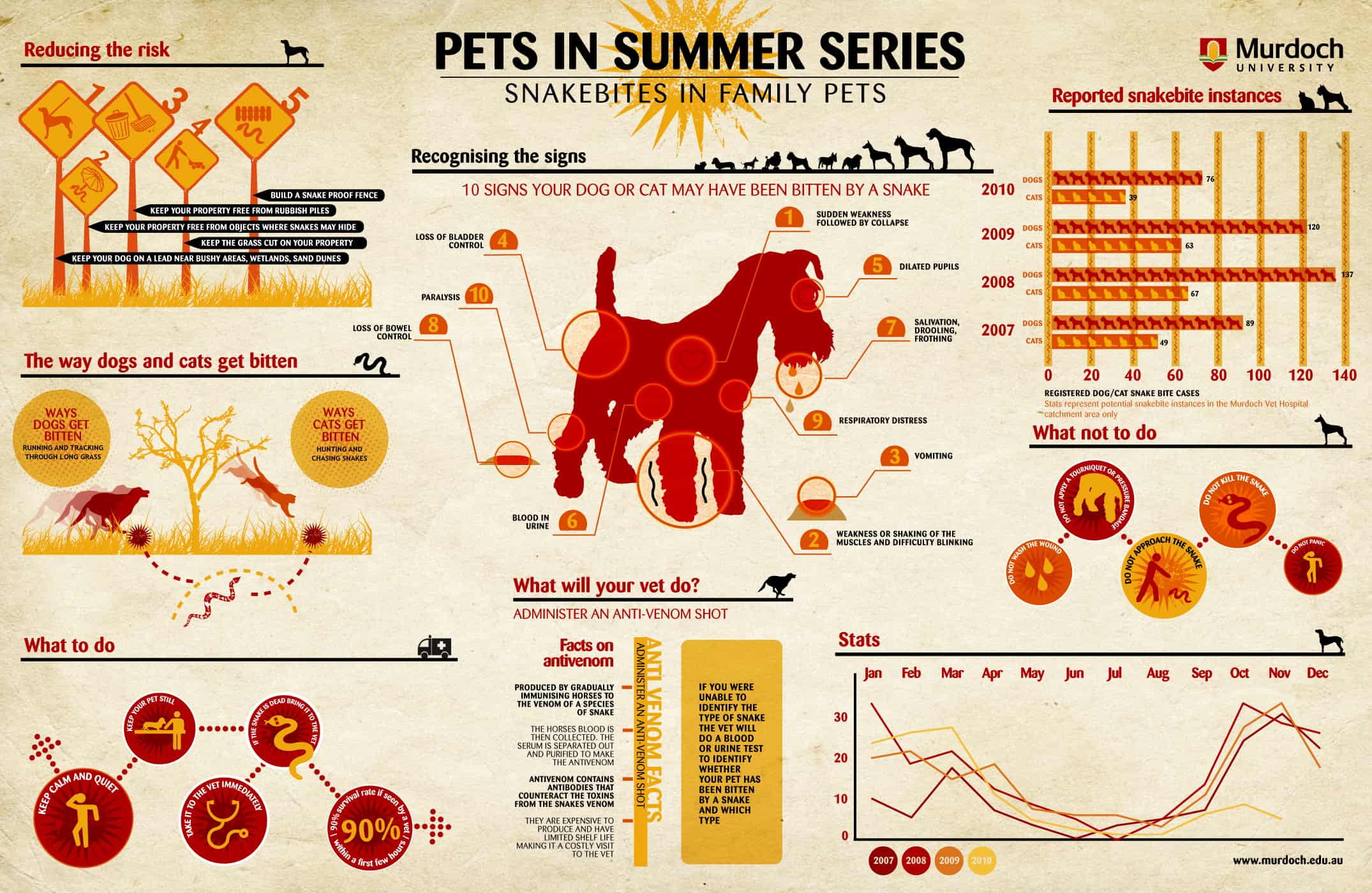How Dog Daycare Can Improve Your Dog’s Behavior And Social Skills
How Dog Daycare Can Improve Your Dog’s Behavior And Social Skills
Blog Article
What Vaccinations Are Required For Pet Dog Daycare?
Whether your pet dogs spend time at day care or boarding centers, they need to be updated on all of their called for inoculations. Core injections include Bordetella, rabies and DA2PP, which defend against typical diseases that dogs are revealed to when in close contact with others.
Non-core vaccinations consist of canine influenza and leptospirosis shots. These are advised for puppies that join other dogs often.
Core Vaccines
As a crucial part of preventative care, pet injections aid maintain dogs risk-free from infectious illness transmitted with straight get in touch with or contaminated surface areas. Vaccines promote the immune system to develop antibodies that fight condition, and many veterinarians consider core pet dog vaccines to be necessary for all animals.
Rabies
The majority of respectable dog day care facilities need that your pet dog be up to day on their rabies inoculation. Vaccinations are carried out to puppies as early as 12-16 weeks old, and boosters are required every three years approximately until their adult years. Rabies is a deadly viral disease that spreads out through saliva, normally from bites. Many states call for rabies vaccinations for all pet dogs and pet cats, and some even mandate rabies boosters for family pet proprietors.
Distemper/Parvovirus/Adenovirus (DHPP).
This combination vaccination covers canine distemper, parvovirus, hepatitis, and adenovirus, every one of which are very contagious. Many vet offices use DHPP vaccinations as one shot or in a series of two to 4 shots, given 2-4 weeks apart, complied with by a yearly booster. This vaccine is a demand for the majority of boarding and doggy day care centers, as well as numerous groomers.
Bordetella/Canine Parainfluenza Injection.
Bordetella bronchiseptica, generally known as kennel cough, is an extremely transmittable respiratory infection triggered by the microorganisms that causes the illness. Signs and symptoms include consistent coughing, sneezing, nasal discharge, and high temperature. Most kennel cough break outs take place in jampacked environments, such as day care or boarding centers, and are specifically common in warmer weather condition. This vaccination is a need for most daycare and boarding centers, and is usually offered in a combination with the DHPP injection.
Leptospirosis Vaccination.
This is a microbial disease that spreads with polluted water, soil, and pee. Infection can create kidney and liver damages, as well as death, and is transmissible to people. A lot of veterinarians will certainly recommend this vaccine, based on geographical area and way of living of the pet, for dogs that spend time outdoors or at boarding facilities, in addition to some groomers. This injection is normally carried out as a collection of 2 to 4 long term dog boarding shots, spaced 2-4 weeks apart, with a yearly booster required for most animals.
Lyme Illness Injection.
One of the most usual tick-borne condition in the USA, Lyme disease is sent by the deer tick and can cause high temperature, joint discomfort, muscle soreness, and loss of appetite. The Lyme disease vaccine protects against the most prevalent strains of the infection, including the H3N8 and H3N2 pressures. The majority of vet clinics recommend this vaccine, particularly in risky locations, such as the Northeast, top Midwest, Mid-Atlantic, and along the Pacific coastline.
Noncore Vaccines.
Various other canine injections, while not required for all animals, are suggested based on the canine's lifestyle and geographical location. These include the following:.